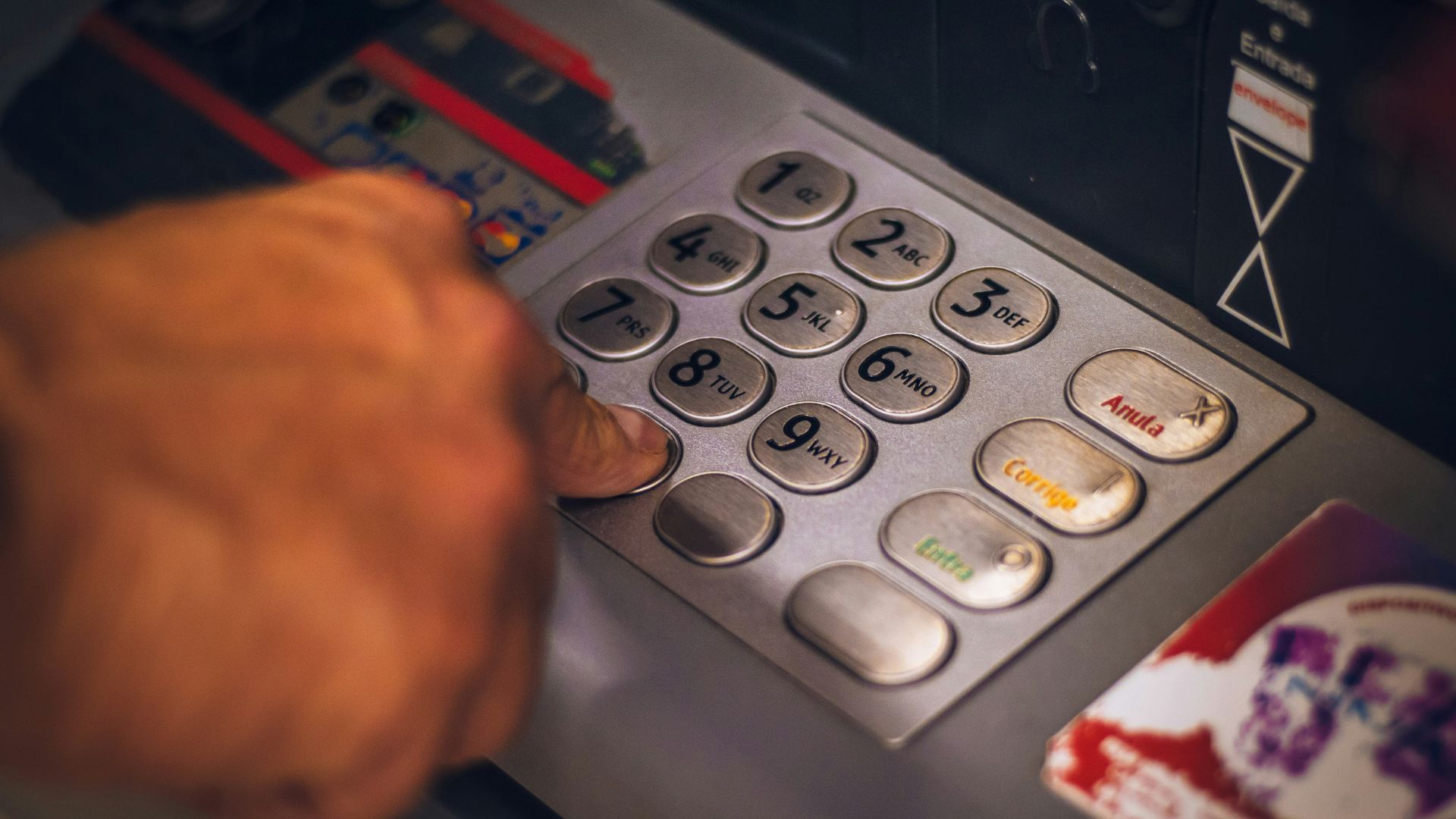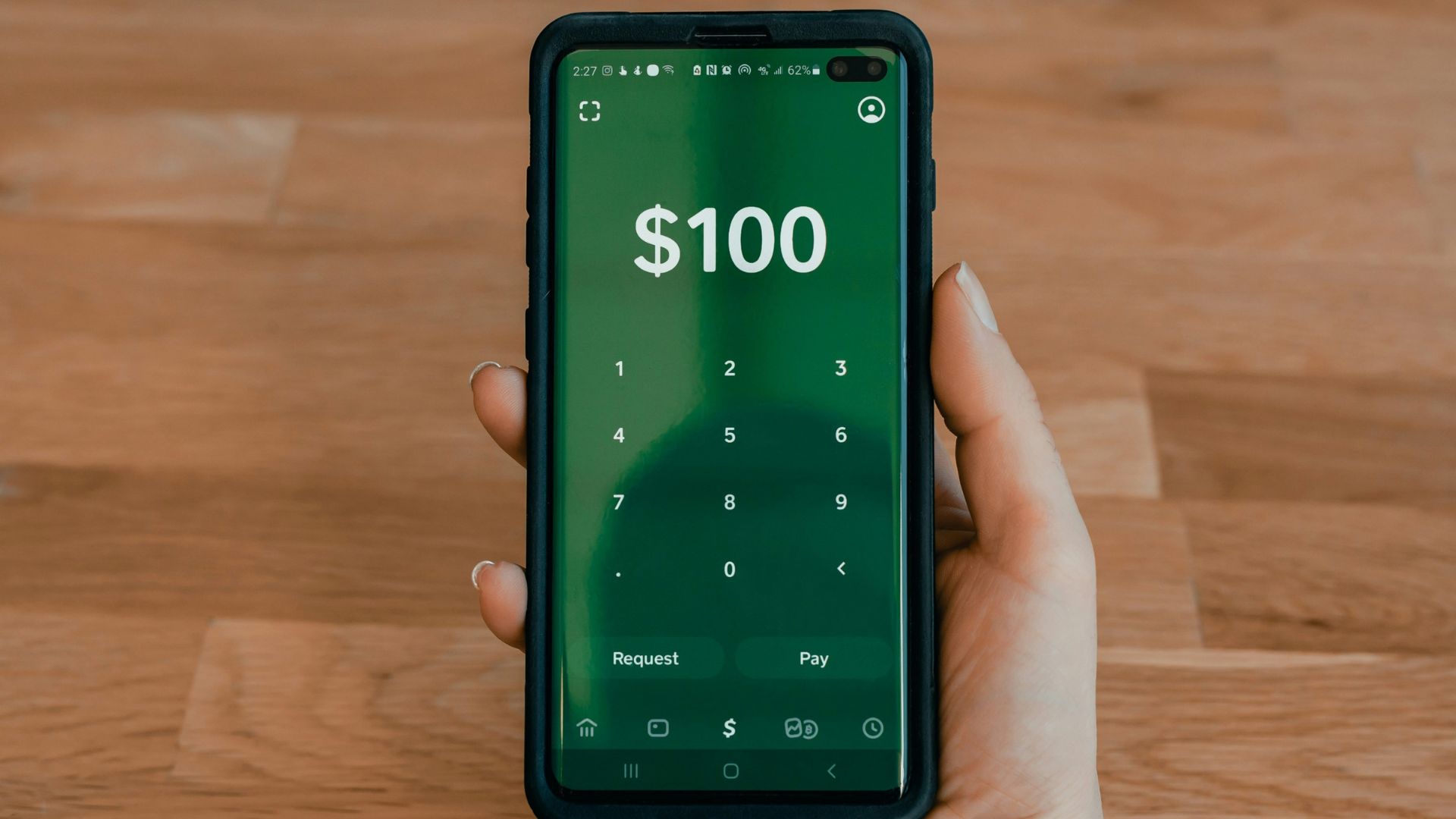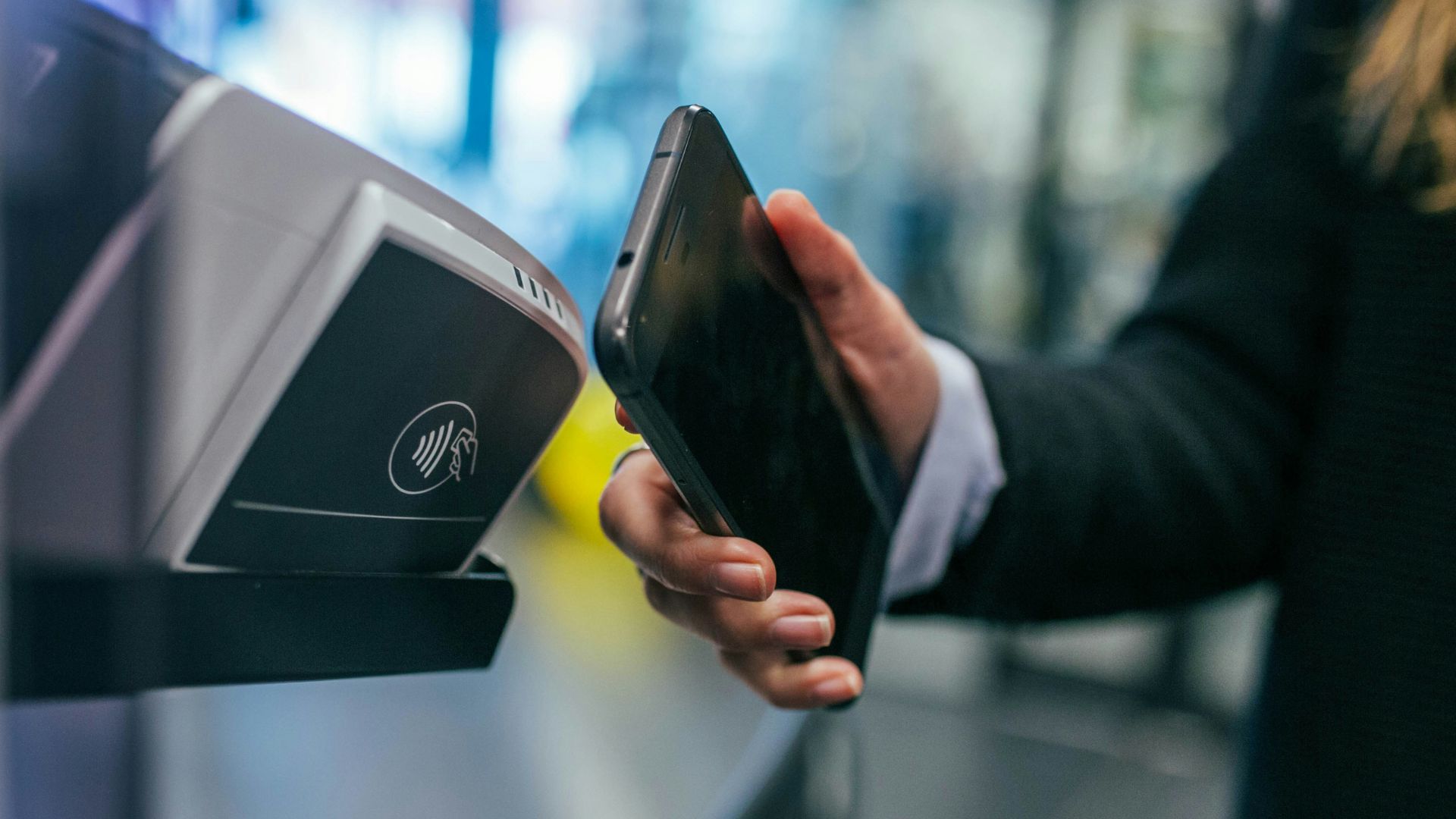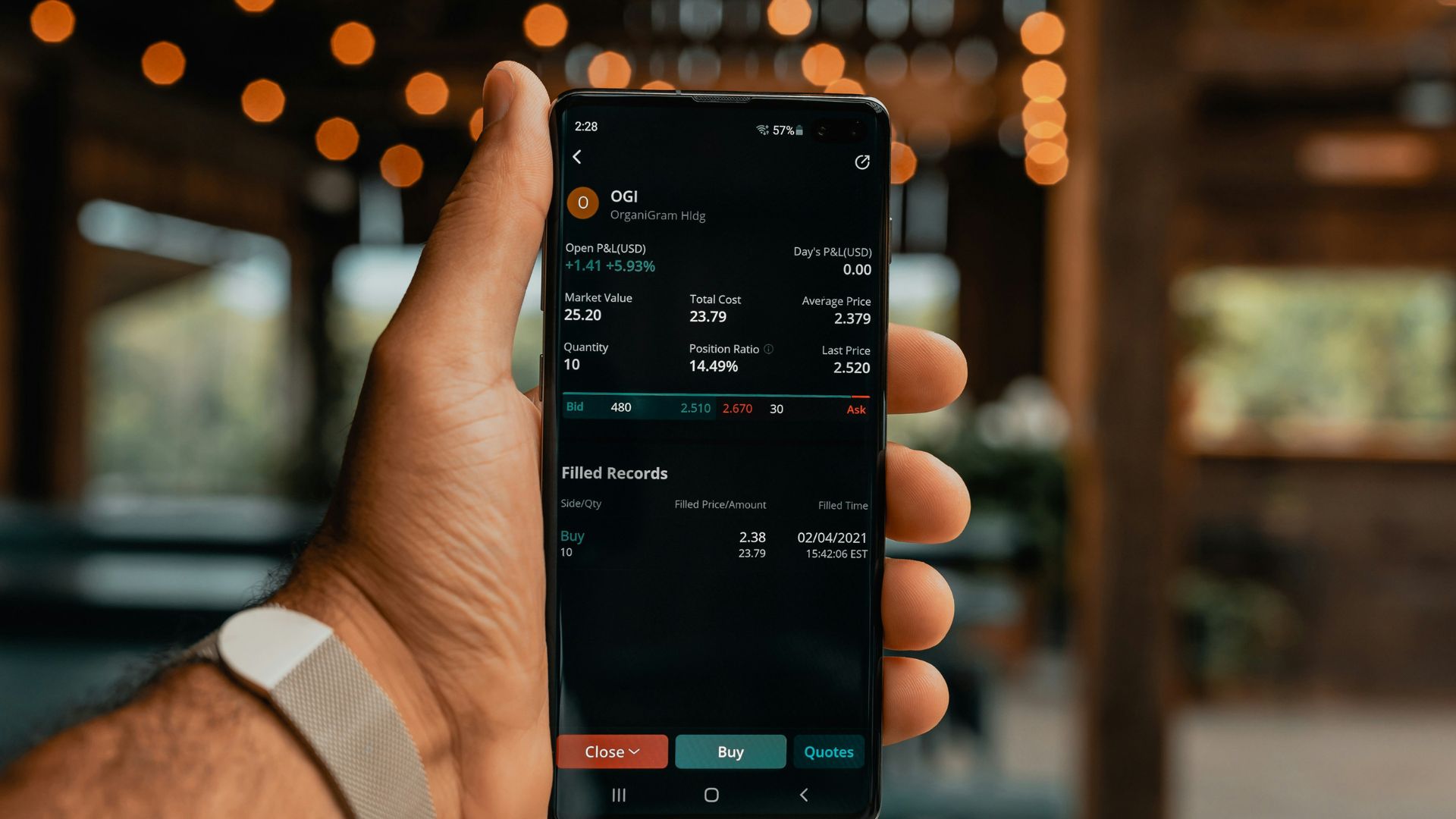A serious disruption has occurred due to a fintech startup’s bankruptcy, leaving potentially millions without access to their money.
This situation unfolded after the company, backed by Andreessen Horowitz, and its banking partners disagreed on the sums owed to customers. The firm served as a bridge between customer-facing fintech brands and FDIC-backed banks.
Bankruptcy Leads to Frozen Accounts

In April, the startup Synapse declared bankruptcy following the departure of several crucial partners.
By May 11, access to a crucial technology system used by lenders, including Evolve Bank & Trust, to manage transactions and account information was severed, according to court filings. This drastic step has directly impacted users’ ability to access their funds.
Tens of Thousands Locked Out

Customers of the fintech service have shared their distress in recent court documents.
Chris Buckler, a Maryland teacher, disclosed in a May 21 filing that his funds at a crypto app were inaccessible due to the bankruptcy. He stated, “I have nearly $38,000 tied up as a result of the halting of transaction processing. This money took years to save up.”
The Human Impact

Court testimonies shed light on the personal toll of the bankruptcy.
One such customer, Joseph Dominguez from Sacramento, California, expressed his fear in a May 20 filing, saying, “We are scared that money will be lost if Synapse cannot provide ledgers and documents to Evolve or Yotta to prove we are the legitimate owners.”
Illusions of Security Shattered

The incident exposes significant vulnerabilities in the banking-as-a-service (BaaS) model, which many fintech firms rely on.
Customers mistakenly believed their funds were secure as they were held at real banks, a misconception that has now been devastatingly clarified through this crisis.
Absence of Regulatory Action

Despite the disruption, regulators have not yet intervened, as the underlying banks have not failed—a condition for FDIC action.
This regulatory gap has left affected individuals without a clear recourse to recover their trapped funds, complicating their financial distress further.
Urgent Appeals for Assistance

In a direct appeal to the bankruptcy judge, Martin Barash, Chris Buckler highlighted the desperate situation for many.
He said, “So far the federal government is not willing to help us,” and noted that there are millions affected who are in far worse straits.
An Alarming Precedent

Buckler warned other Americans about the potential risks associated with fintech failures.
He stated in a recent phone interview, “I want to make people aware, yeah, your money might be safe at the bank, but it is not safe if the fintech or the processor fails.”
Broad Implications for the Fintech Ecosystem

Synapse was instrumental in linking over 100 fintech companies with 20 banks, facilitating a wide range of financial services.
This bankruptcy not only impacts direct users but also signals potential instability within the broader fintech ecosystem that many startups and gig workers rely on.
Cryptocurrency Users Especially Affected

The crisis has been particularly acute for users of crypto-related services, like the app Juno, which Buckler used.
The bankruptcy has locked these users out of their accounts, highlighting the additional risks involved with digital currency platforms in the fintech space.
The Ongoing Fallout

The repercussions of the shutdown extend beyond immediate account access.
Many individuals are unable to manage their finances, affecting basic necessities such as mortgage payments and grocery purchases. The broader economic implications are just beginning to unfold as the situation develops.
The Future of Fintech Regulation

This significant event may prompt a reevaluation of how fintech firms and traditional banks collaborate and are regulated.
As the legal processes continue, affected customers and the industry at large await decisions that could reshape financial technology practices.
